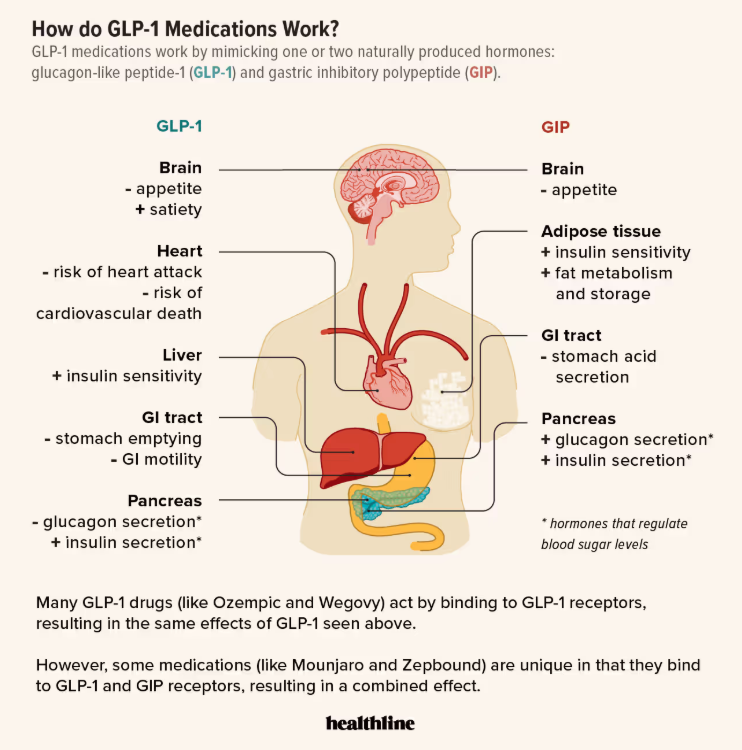It’s Not Cheating!
By: Megan Bohrer, RN
You have tried it all. You have eaten nothing but protein. You have fasted until 2 pm. You have cut alcohol. You have counted calories, macros, carbs, and steps.
You have tried it all, but nothing seems to work. So now what?
If that sounds familiar, trust me, you are not alone. And if you are a woman of a certain age, this is practically a rite of passage. Blame biology, blame your genetics, blame the doctors who all too frequently say “Have you tried eating less?” Bless them. The reality is that for many women, losing weight seems to be an impossible uphill battle. If you have truly put in the work with no results, it may be time to consider adding a GLP-1 or another anti-obesity medication to your life.
And no, it’s not cheating. Excessive weight gain, obesity, and insulin resistance are all medical conditions, but unfortunately, they also come with a stigma, which means that all too often, we are embarrassed to use all the tools at our disposal. Would you feel guilty for taking medication for a headache? Probably not. So why feel guilty adding a medication that could support all of the hard work you are already doing?
GLP 1 medications–Ozempic, Zepbound, Semaglutide, Tirzepatide, Mounjaro–were originally created to help diabetic patients, but they quickly became known for their weight loss properties. Not sure what they actually are? Many people aren’t.
Glucagon-Like Peptide-1 is a hormone in our body that regulates blood sugar and appetite, and the GLP-1 medications mimic this hormone, causing us to feel full with less food, avoid spikes in our blood sugar, and quiet the “food noise” that often causes us to eat even when we aren’t physically in need of food.
In very general terms, they help us eat less and crave less.
Is a GLP 1 the total cure to all of your weight loss struggles? Probably not, but it sure can help, especially if you are already putting in the work.
This medication, combined with healthy eating and exercise, has been proven to reduce obesity, treat pre-diabetes, and begin to reverse many disease processes associated with obesity.
Patients who have the greatest long-term success with this medication are also dedicated to changing their habits, moving their bodies, and recommitting to their health.
You aren’t cheating. There is no prize for losing weight “the hard way, with no help,” especially if you have clinical conditions such as insulin resistance, which increase your weight loss resistance.
Taking this medicine alone will help you lose weight, but using this medicine as one of many tools in your toolbox will help you transform your health.
If you are tired of trying and trying with no results and are ready to consider adding a GLP 1, reach out to us at Monarch Health.
We will support you on your journey with personalized nurse visits, medication management, optional nutrition coaching, and the expertise of a provider who is a knowledgeable advocate for women’s health and wellness.
In health,
Meg Bohrer, RN




